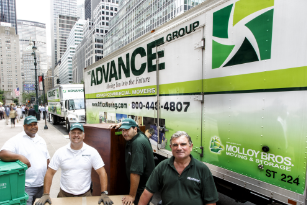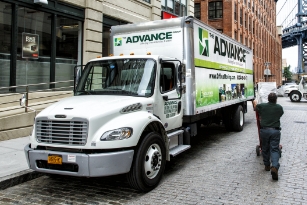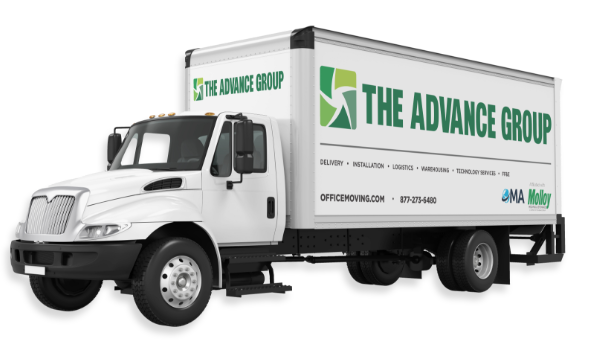Critical Considerations in Last-Mile Delivery Logistics

Last-mile delivery has emerged as one of the most critical components in the supply chain, with increased pressure to meet demanding consumer expectations for speed and convenience. The process involves delivering goods from a transportation hub to their final destination, typically a personal residence or business. Understanding the complexities involved can make or break a business. This article dives into essential points to consider for streamlined last-mile delivery logistics.
Customer Experience
The customer experience is pivotal in last-mile delivery. The rising consumer expectations, influenced by the success of Amazon’s one-day delivery, have established a demanding standard. Customers expect real-time updates, accurate estimated times of arrival, and a seamless return process. To meet these demands, delivery services must invest in sophisticated tracking systems and flexible delivery options. Personalized customer engagement also plays a crucial role in enhancing satisfaction. Offering features like choice of delivery window can elevate the consumer experience.
Technology Integration
Incorporating advanced technology is vital for efficient last-mile delivery operations. Autonomous vehicles, drones, and robotic systems are rapidly becoming part of the logistics landscape. However, the prevalence of these technologies is subject to regulatory approval and public acceptance. Besides physical delivery technologies, software solutions such as route optimization and predictive analytics tools can significantly enhance operational proficiency. Leveraging artificial intelligence and machine learning can also help forecast demand and manage inventory better.
Sustainability Efforts
Sustainability is no longer a buzzword but a significant consideration for businesses and consumers. Implementing eco-friendly practices in last-mile delivery can contribute to a company’s corporate social responsibility (CSR) goals while reducing operational costs. Electric vehicles (EVs) are gaining traction for their potential to lower carbon emissions. Additionally, consolidating deliveries in multi-drop routes can decrease the number of trips, further reducing environmental impact.
Logistical Challenges
A myriad of logistical challenges can complicate last-mile delivery. Urban areas often suffer from traffic congestion, while rural and remote locations pose their own set of difficulties due to fewer delivery resources. Weather conditions can also disrupt delivery schedules, making it imperative to have contingency plans in place. Additionally, efficiently managing returns is crucial, as they represent a significant business cost. Strategies like establishing local return hubs and using real-time data for rerouting can help mitigate these issues.
Cost Management
The final leg of the journey is often the most expensive, accounting for up to 53% of the total delivery cost. Companies need to adopt cost-effective strategies to maintain profitability. Crowdsourced delivery models and micro-warehousing solutions are innovations that are helping to address these challenges. Businesses can reduce transit times and associated costs by dividing stored goods across smaller, strategically located warehouses. Mitigating failed deliveries through accurate address validation and real-time customer coordination can also result in significant savings.
Future-Ready Solutions
Businesses must continually evolve to stay ahead. As the landscape of last-mile delivery shifts, keeping abreast of emerging trends and technologies is essential. Integrating augmented reality (AR) for warehouse management and blockchain for transparent tracking and verification is no longer a distant scenario. Companies embracing these innovative solutions will have a competitive edge, offering faster, cheaper, and more reliable services.
Boost Your Last-Mile Efficiency Today!
Improving last-mile delivery logistics involves a multifaceted approach, touching upon elements from technology and sustainability to cost management and customer satisfaction. By addressing these critical aspects, businesses can meet and exceed consumer expectations, fostering loyalty and driving growth. Stay ahead in the ever-competitive market by continually refining your last-mile delivery strategies. If you are looking for a last-mile delivery partner, contact us today.








